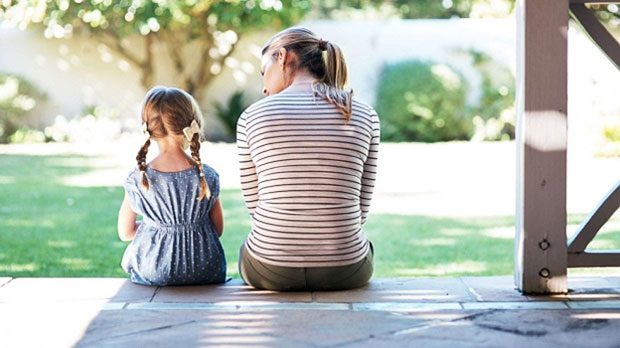How to Talk to Your Kids about Family Addiction
How to Talk to Your Kids about Family Addiction
Growing up in a family with a substance-abusing parent is difficult – from an early age, children are exposed to a lifestyle that is far from idyllic. What’s more, the coldness and unavailability of the parents often cause a sense of abandonment in children, with their family’s secrets burdening them as they go through life. That is why it’s important to communicate with your kids and let them know what is going on. Here are several tips on how to talk to your kids about family addiction.
- Be honest and transparent
When talking about family addiction, it’s important to tell the truth. Your children will know when you’re lying, so it’s better to be transparent and tell it how it is. Don’t try to cover things up – trying to gloss over the situation doesn’t make sense, especially if your children are teens, and they understand what you’re talking about. However, be careful with the amount of information you choose to share with them. If your children want more details, you decide whether you should share them, given their age and how well they would understand what you’re saying. The reason why it is so important to talk to your children about the things that are going on in your household is to clarify exactly who is responsible for the current situation. If you decide to keep quiet about what’s happening, your kids may start to blame themselves for the things that happened, which will cause difficulties as they grow up in terms of self-esteem and self-worth.
- Take your children’s age into account
How you talk to your children about family addiction largely depends on their age. Addiction is a serious topic, something that even adults struggle to fully comprehend. Topics like these are hard to talk about in general, and discussing addiction with children requires a certain approach. The language, the words, and the descriptions you use to explain the notion of addiction and how it crept into your family circle need to be adjusted to your kids’ age. With smaller children, it’s best to talk about addiction as a sickness, and how someone needs to take medicine(rehab) in order to feel better. As for the older children, the older they are the more descriptive you can get when it comes to substance abuse, but be sure to speak in a way that isn’t confusing.
- Help them understand their parents aren’t bad people
People who are addicted to opiates and alcohol sometimes do things that don’t really make sense to children. For example, if their parent starts yelling at them, losing their temper for no apparent reason, children might start to feel as if they are the ones that are responsible for that. You need to explain to them that parents sometimes get “sick”. Tell them they have a certain kind of disease or illness that causes them to behave in an aggressive or unusual way. If the parent in question has decided to deal with drug withdrawal, there are certain things you must explain to your kids in order to justify the behavior of the parent. Typical withdrawal symptoms include vomiting, shakiness, and a loss of appetite, all of which can last up to a week, and sometimes even longer. Hallucinations are another withdrawal symptom, so it’s best to stick with the story of a parent being ill or sick.
- Don’t make them feel ashamed
Feeling guilt and shame is usual for parents coping with substance or alcohol abuse. Even long after they’ve battled their ‘’illness’’, they still feel a tremendous amount of guilt and shame for not being a better parent to their kids and a better spouse to their partner. It’s a part of who they are now, and the thing that really matters is that they are finally taking a step towards in creating a life that is filled with love and joy, rather than suffering. Make sure to let your children know that the way in which their parent behaves isn’t something they’re responsible for, and emphasize the importance of not taking everything personally. Explain to them that they are not alone, and there are millions of children who have a substance-abusing parent, just like them, who learned how to deal with their situations without putting the blame on themselves.
Talking to your children about family addiction is a difficult, but necessary step in preserving good relations within the family. Use the tips above as a guide on how to approach this sensitive topic and explain it in a way that is appropriate.
Guest Article.







